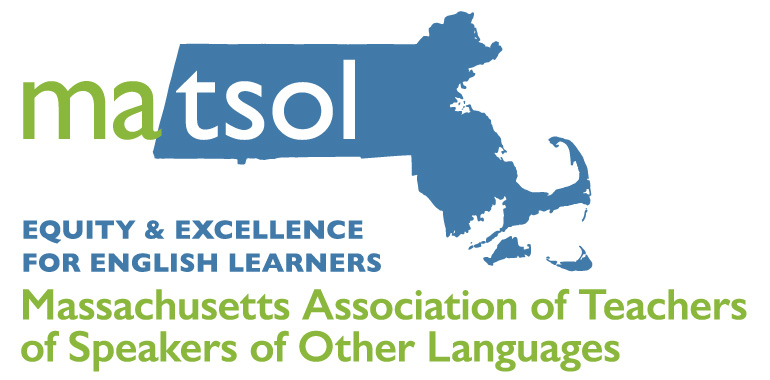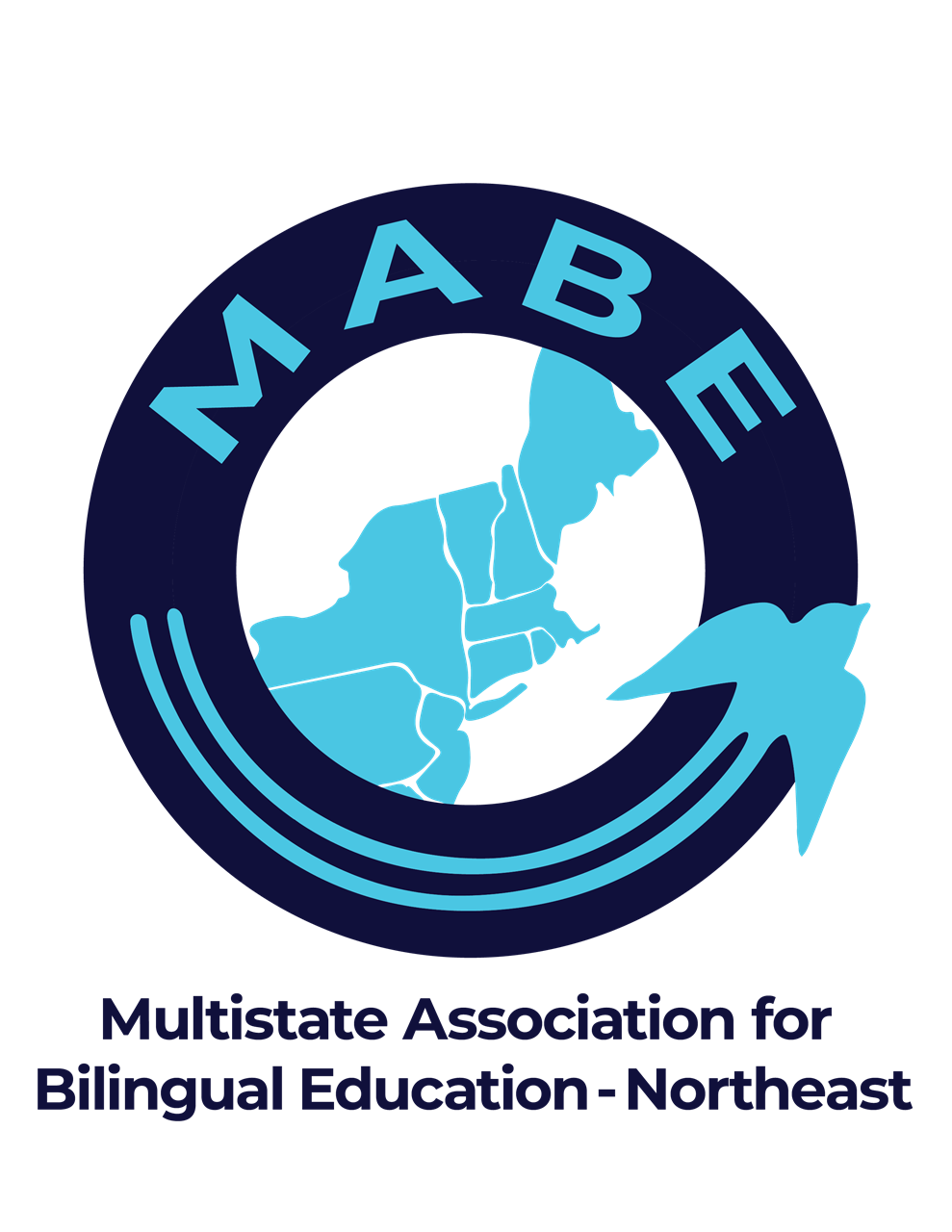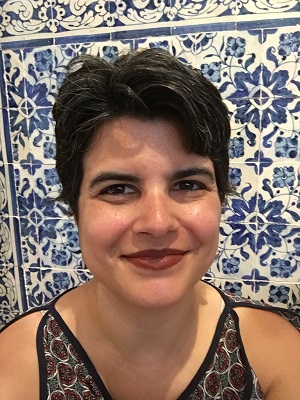Date: April 6, 2022
To: Jeffrey C. Riley, Commissioner, Massachusetts Department of Elementary and Secondary Education
From: Massachusetts Association of Teachers of Speakers of Other Languages (MATSOL) and Multistate Association for Bilingual Education (MABE)
Re: Testing Equity for English Learners
While we applaud the decision of the Department of Elementary and Secondary Education to allow students in grades 3-8 to take the MCAS tests remotely this spring, the policy does not address the inequity of in-person testing required for English Learners. In addition to MCAS, English Learners take an annual English proficiency test, ACCESS for ELs, which is only administered in-person. As a result, while their peers have the option to complete all testing remotely, English Learners, many of whom live in communities that are disproportionately affected by COVID-19, still need to go into school buildings for in-person ACCESS testing. This is an inequitable policy that favors some students over others.
Additionally, as many students return to in-person learning for the first time all year, we believe that students will benefit from more time for academic learning, language development, and social-emotional support, not on taking tests. We call on the Department to immediately postpone the ACCESS for ELs testing for this school year, as allowed by federal guidance.
For a more detailed explanation of our concerns, please see the statement from MATSOL and MABE “2021 ACCESS for ELs Testing” (Dec 8, 2020), which was created with input from our membership.
Below are the action items we requested in the statement. Although conditions have changed since our first statement was released, the concerns detailed in the statement have not been addressed.
- School districts should not be penalized for low student participation in the ACCESS for ELs test during the pandemic. As of this date, the Department has not decided about how lack of participation will affect district accountability measures. Likewise, schools and teachers should not be penalized if students do not meet English Proficiency Benchmarks. The Department needs to address how students’ English Learner Success Plans will be impacted.
- If the testing goes forward, the Department should provide Districts with a clear message to send to families stating that if a family does not feel safe sending their child to school for testing, they do not have to take the test and that the student and family will face no negative consequences. The Department should assist districts with this communication by providing the message in English and translated into the most common languages. Families can then decide what is best for their child.
- Under current guidelines, students can only exit EL programs with a minimum ACCESS score, along with other relevant data including local assessments, MCAS, grades, observations, and the WIDA Performance Definitions to determine “whether students can perform ordinary classroom work in English.” This year, districts should be allowed to use other evidence of language proficiency to reclassify ELs and exit them from EL programs without the ACCESS score.
Read our December 8 statement “2021 Access for ELs Testing” here.
https://matsol.memberclicks.net/assets/Statements/MATSOL-MABE-2021-ACCESS-for-ELs-Testing-12-08-2020-to-post.pdf
See our Letter to the Editor in The Boston Globe, April 9, 2021 https://www.bostonglobe.com/2021/04/09/opinion/in-person-test-an-unfair-burden-english-learners/







